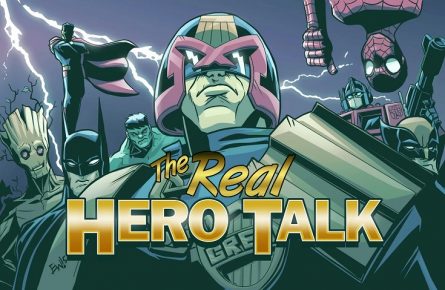Behind the Line: Activision buys Candy Crush maker King

Sometimes a topic comes up that just I know I have to write about, games industry news that nearly everyone knows about, or has some connection to the participants, something that has discussion, but people keep seeming to ignore something that I’ve noticed. This week it was announced that Activision will buy Candy Crush maker King for nearly $6 Billion, and that very much fits the bill. I’ll be honest and say that I can’t put together the kind of in depth business analysis that, say, Ramin Shokrizade could, but I can expand on, or debunk some things you’ll hear in other places.
The reaction to this news has been all over the place, from Activision overpaid, got King at a steal, it’s forward thinking, it’s desperation, King’s business had been falling, so why get them, and so forth. I get the feeling when a business deal like this happens, the kind that confuses people, unless there is something clearly wrong with it that there’s something far more real behind it. Activision has garnered some praise in the industry for making savvy business moves, and I don’t see a reason for that to fail spectacularly here. This move feels like the plot to Killer7, or Naked Lunch. I’m not exactly sure what’s happening, but everything is clearly too well structured to have no sense to it.
$6 Billion is a lot of money!
Let’s start with the price point. A lot of people make a sticking point of the fact that the King stock is below its original IPO price. Now, I’m no stock expert, but from what I’ve seen, this is not an uncommon pattern. When a company puts out its IPO, the price jumps a bit, then drops below the initial price, then there’s a protracted period where they company works to improve its value. This happened with Zynga, Glu, Pandora, WWE, and Twitter. Some of those have come back, others have not, but they aren’t about to disappear tomorrow. The point is that just because King’s stock price is below its original IPO price does not mean that the company is doomed. If that were the case, Glu would have been out of business long ago. I once heard that they were almost removed from the Nasdaq due to persistent low stock prices (below $1.00) at one point. It’s possible that this is a semi-intentional strategy. The initial price is set by the company rather than market forces, so they can try to get people to buy at as high a price as possible. Leading into the IPO, they would then shop for the best valuation on their company they can get to justify the price they set. Kinda like trying to find a favorable appraisal of a house before selling it. Once the market forces kick in, there will be a correction to what should be the “true” value.

An example of this curve. There’s no way anyone was happy with this line around 2009, and it’s not as high as the IPO still, but it has stabilized these days.
All of that said, though, King isn’t even that far below their IPO price. They started around $18, and then were at $14 before the purchase announcement. They never had any drop like the other examples I mentioned.








Leave a Reply